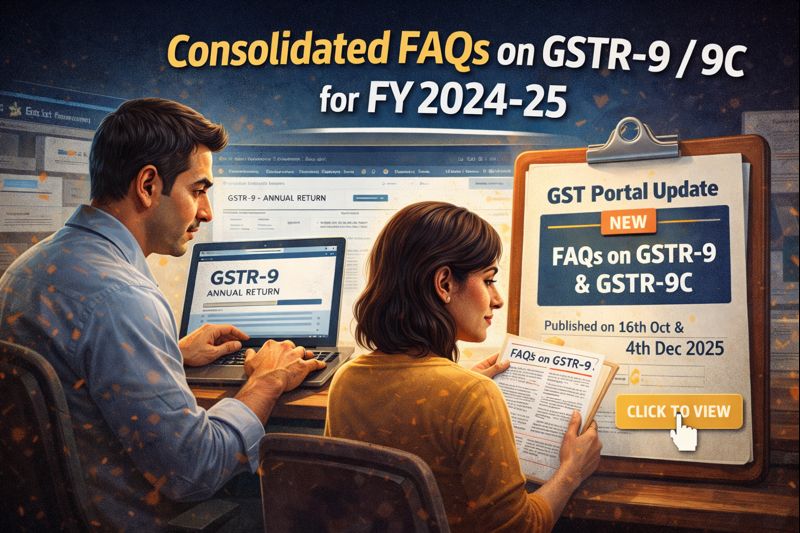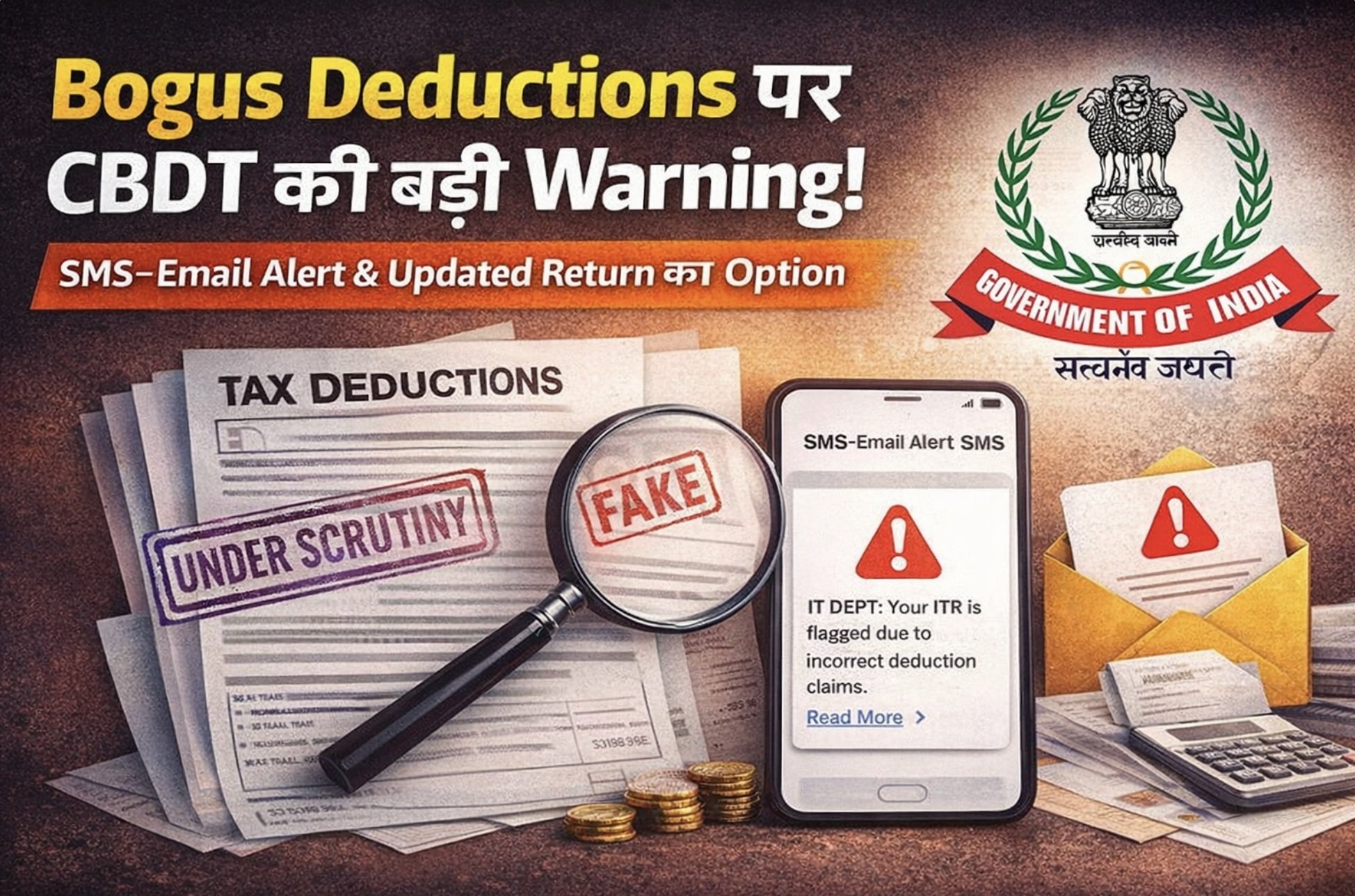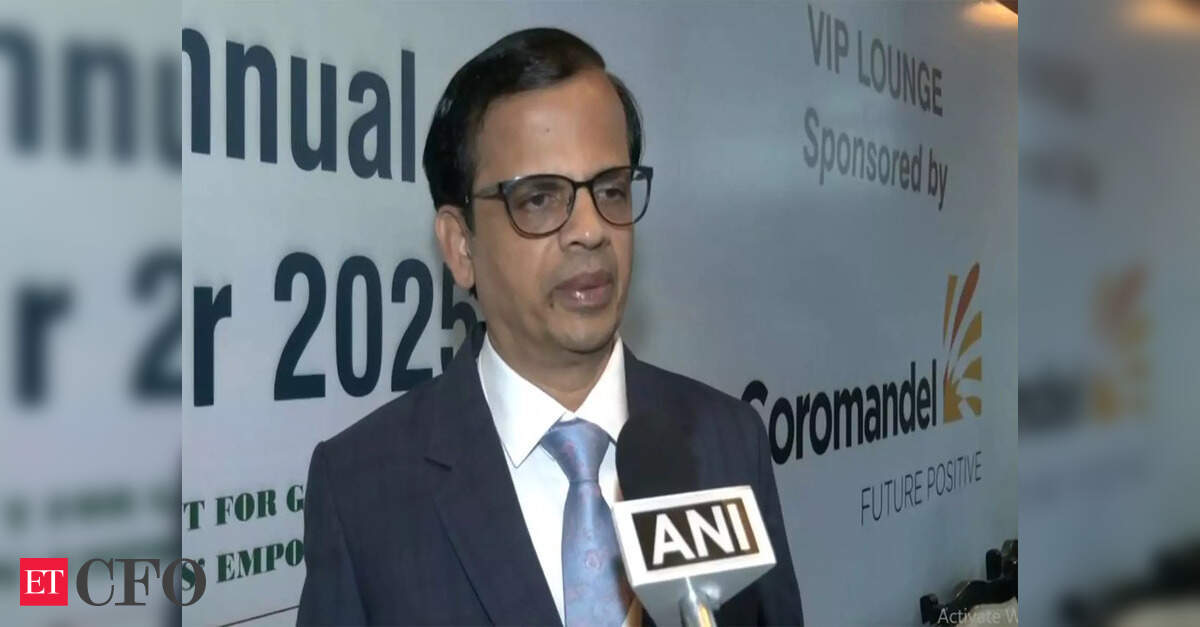Fixed Deposits (FDs) are one of the most preferred investment options for individuals looking for safe, stable, and guaranteed returns. They offer fixed interest rates, making them an attractive choice for risk-averse investors. FD interest rates typically range from 5% to 8% per annum, depending on the tenure and financial institution. Investors prefer FDs due to their capital safety, predictable returns, and ease of investment. However, with these benefits come taxation and reporting obligations that need to be understood for effective financial planning. In the Union Budget 2025, significant changes were introduced concerning Fixed Deposits (FDs), particularly focusing on Tax Deducted at Source (TDS) thresholds.
Revised TDS Thresholds on Fixed Deposit Interest
Effective from April 1, 2025, the TDS thresholds on interest earned from fixed deposits have been increased:
- For General Citizens (Non-Senior): The threshold has been raised from ₹40,000 to ₹50,000 per financial year.
- For Senior Citizens: The limit has been enhanced from ₹50,000 to ₹1,00,000 per financial year.
This means that banks will now deduct TDS only if the interest income exceeds these specified limits in a financial year.
TDS Rates and PAN Requirements
- TDS Rate: The standard TDS rate on FD interest remains at 10% for individuals who have provided their Permanent Account Number (PAN) to the bank.
- Non-PAN Holders: If a depositor fails to furnish their PAN, the TDS rate increases to 20%.
- Exemption from TDS: If an individual’s total taxable income is below the exemption limit, they can submit Form 15G (for non-senior citizens) or Form 15H (for senior citizens) to their bank to prevent TDS deduction on interest income.
Taxation of Fixed Deposit Interest
- Taxable Under Income from Other Sources: Interest earned from Fixed Deposits is fully taxable under the head “Income from Other Sources”.
- Tax Slab Rates Applicable: The total interest income will be added to the individual’s taxable income, and tax will be calculated as per the applicable income tax slab rates.
- Advance Tax Liability: If the total tax liability exceeds ₹10,000 in a financial year (including tax on FD interest), the depositor may be required to pay advance tax to avoid interest penalties.
- Senior citizens if opt for old Regime can claim Deduction u/s 80TTB of Rs.50000 for interest income
Reporting Requirements under Statement of Financial Transactions (SFT)
The Income Tax Act mandates certain financial institutions to report high-value transactions through the Statement of Financial Transactions (SFT) to ensure transparency and curb tax evasion.
- Threshold for Reporting Fixed Deposits: Banks, cooperative banks, and post offices are required to report individuals’ time deposits aggregating to ₹10 lakh or more in a financial year. This includes cumulative deposits across all branches and accounts of the institution.
- Exclusions: Renewals of existing fixed deposits are not considered fresh deposits and, therefore, are excluded from SFT reporting.
Implications for Depositors
- For Deposits Below Thresholds: Depositors whose interest earnings or fixed deposit amounts are below the specified thresholds will not face TDS deductions or SFT reporting.
- For Deposits Exceeding Thresholds: Those exceeding the thresholds should be aware of TDS implications and the possibility of their transactions being reported under SFT. It’s advisable to report all interest incomes accurately in income tax returns to avoid discrepancies.
Compliance and Best Practices
- Accurate Reporting: Ensure that all interest incomes from fixed deposits are declared in your income tax returns, even if TDS has been deducted, to reflect the correct tax liability.
- Monitor Aggregate Deposits: Keep track of total deposits across multiple accounts and branches to be aware of potential SFT reporting.
- Submit Form 15G/15H: If your total income is below the taxable limit, submit Form 15G (for non-senior citizens) or Form 15H (for senior citizens) to your bank to prevent TDS deduction on interest income.
These changes underscore the importance of staying informed about tax regulations and ensuring compliance to avoid potential issues with tax authorities. Depositors should proactively track their interest income, use tax-saving tools like Form 15G/15H, and plan for advance tax payments if required. Keeping up with these updates will help taxpayers optimize their tax liability and avoid unnecessary deductions.
Visit www.cagurujiclasses.com for practical courses












Nice article. Please clarify about senior citizen submission of form 15 H….. how to be filled there are four specific columns related to interest and aggregate amount of interest to be shown for no deduction of TDS at source.
We will show all the earnings and file return punctually.
Please guide us on filling form 15H.
Specifically maximum aggregate interest amount.
Needless to mention till last year 2024 25 were showing within 240000.
RBI floating rate saving bond जिस पर अभी 8.05% intrest मिलता है उस पर टीडीएस exemption limit 10000 सालाना तक है,क्या इस बजट में इसे बढ़ाया गया है।
If we r not coming under income tax, is it essential to file income tax statement etc
If we’re not coming under to pay lncome tax, is it essential to file income particulars for next financial yest
Ur kind reply is requested,
I am 70 yrs old now
it is Crisp and clear
Good knowledge thank you